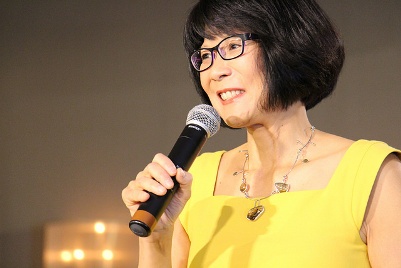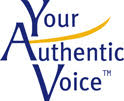It’s hard not to. Thank your audience, that is. Your host introduces you. You step up to the lectern and say . . .

“Thank you for the opportunity to be here. Thank you for the great introduction. Thank you for . . .”
Okay, is there a problem here? Yes. Not with the thanking, no. With why and how it’s done.
Three key problems when thanking your audience are:
1. When you open your speech with “thank you,” your open fails to meet its primary objective — to capture your listener’s attention with something novel, emotional and relevant. Something that compels attention. Instead, by beginning your speech with thank you, your listeners will probably be thinking, “Oh yea, here we go again. Woo hoo.”
Instead of opening with “thank you,” save it until after you’ve captured your audience’s attention, then make sure you bring it in as part of what you’ll now be experiencing and sharing with your audience.
2. Thanking the audience, whether in the beginning, middle or end, is often automatic. We don’t even think about it. It’s easy, and that’s the issue. If we’re going to thank our audience, we want to do it in a way that conveys true gratitude. As the audience member, I want to know I’ve been thanked, and thanked good. I want to feel it and get it from my head down to my toes.
The question is, why are you thanking me? For my attention? For my time? For the opportunity? The more specific we are, and the more meaning and emotion we share while we are expressing our gratitude, the deeper the impact.
3. Some believe the audience needs to thank the speaker. As the speaker, you’ve just spent the last hour, more or less, sharing your wisdom and expertise. Shouldn’t the audience thank you?
Personally, I’m an equal opportunity thanker. I believe it’s a matter of giving and receiving. As speakers, we do benefit, if for no other reason than having an audience willing to listen to our crazy ideas!
Thanking your audience is an acknowledgment of all the good you are receiving.
It is a privilege to be on the platform. For some, it is an expression of their purpose. For others, the recognition of a job well done or a life well lived. And for still others, it’s the chance to work through some challenging obstacles and speak their truth. Whatever your reason, definitely take the opportunity to express your gratitude.
I am grateful for you — for your kindness, your openness, and your willingness to learn, grow and be there for each other. Thank you.

Leave A Comment